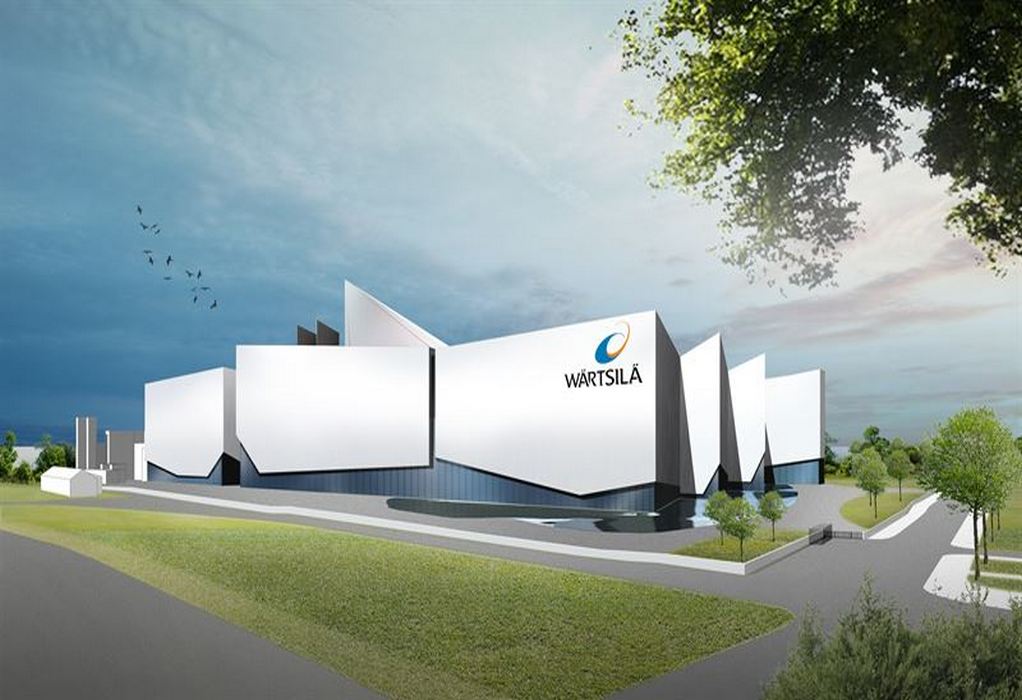The technology group Wärtsilä is to deliver its new Decarbonisation Modelling Service to Carnival Corporation as the cruise group aims to reduce greenhouse gas emissions across its fleet. Initially tasked with establishing an optimal decarbonisation path for the cruise ship ‘Regal Princess’, the project will expand to model solutions which could be applied to the entire Carnival fleet. The contract was signed in December 2021 and the project commenced in February 2022.
Under the fleet decarbonisation programme, a digital model of ‘Regal Princess’ will be created by combining operational data from several different sources. Modelling capabilities and machine-learning algorithms developed by Wärtsilä will deliver a detailed analysis of vessel operational data.
The model will be used to simulate the impact of several technologies. A specific focus will be given to E-start, Wärtsilä’s patented electric smokeless start solution, as well as the Wärtsilä HY hybrid power concept with energy storage. The simulations will identify the most beneficial retrofittable solution while minimising the required installation.
“At Carnival Corporation we are totally committed to decarbonising our operations,” says Chris Millman, Vice President, Corporate Marine Technology, Carnival Corporation. “A systematic, data-driven approach is essential. By working closely with Wärtsilä, a company with a depth of experience and expertise, we can establish a model that will allow us to get it right first time.”
“We are delighted to work with Carnival Corporation on this important project. The complexity of current and forthcoming environmental regulations requires a methodical, systematic approach. The Decarbonisation Modelling Service is the most effective means for assessing and assuring the performance of investments aimed at meeting greenhouse gas emission reduction targets,” says Giulio Tirelli, Director, Business Development, Wärtsilä Marine Power.
There are multiple ways for ship owners and operators to comply with the International Maritime Organization’s upcoming Energy Efficiency for Existing Ships Index (EEXI) and the Carbon Intensity Indicator (CII). This freedom increases the complexity of making the right choices. Wärtsilä’s Decarbonisation Modelling Service tackles this challenge by combining data-driven assessments with expert insight – enabling operators to maximise environmental impact with cost-effective investments.
Decarbonisation modelling is part of a suite of services to help ship owners plan their pathway to reducing emissions and complying with incoming regulations. It utilizes several advanced machine-learning algorithms, including those powering Wärtsilä’s CII Insight – a new set of capabilities which enable owners to forecast vessel compliance with CII and understand the impact of alternative solutions.
The ‘Regal Princess’ is a 330-metre long, 142,000 gross tonne cruise ship built in 2014. It has a maximum capacity of 5,600 passengers and crew. The vessel is part of Carnival Corporation’s fleet of more than 100 vessels across ten cruise brands.
Source: Wärtsilä
Tags: Carnival Corporation, Decarbonisation, GHGs, Regal Princess, Wärtsilä



Recent Posts
Hyundai Glovis to Retrofit Seven PCTCs with Avikus AI Navigation System
Super Terminais orders three more Konecranes Gottwald ESP.10 Mobile Harbor cranes
Covestro and HGK Shipping Extend Partnership to 2040 with Focus on Wind-Assisted Vessel Retrofit
Artemis Technologies Successfully Demonstrates 100 Percent Electric Crew Transfer Vessel at Aberdeen Offshore Wind Farm
IACS Council Advances Decarbonisation, Digitalisation and Governance Priorities at C91 Meeting in Beijing
Japan Launches Major R&D Project to Advance Shipbuilding with Alternative Fuels
EU Adopts Emissions Standards for Low Carbon Hydrogen to Bolster Clean Energy Market
Trafigura to Implement ZeroNorth’s AI Platform Across Global Fleet